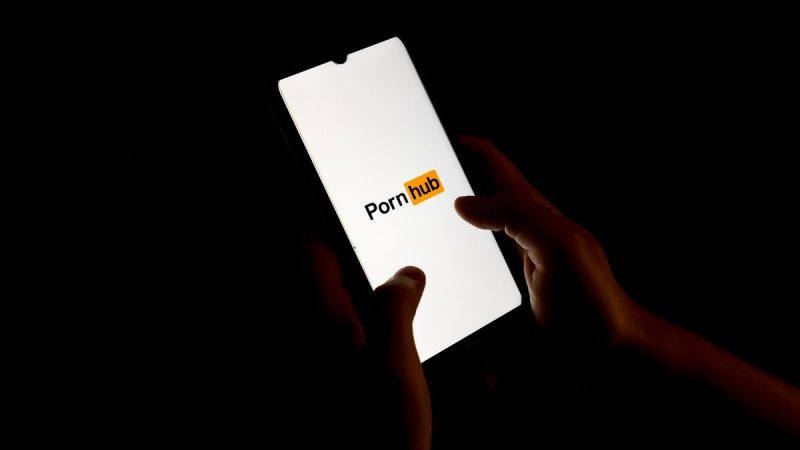
GOP lawmaker introduces bill requiring age verification technology for porn sites
Sen. Mike Lee, R-Utah, reintroduced a bill that would require all pornography websites to adopt age verification technology to ensure children aren’t being exposed to explicit content online.
‘Every day, we’re learning more about the negative psychological effects pornography has on minors. Given the alarming rate of teenage exposure to pornography, I believe the government must act quickly to enact protections that have a real chance of surviving First Amendment scrutiny,’ Lee said in a statement. ‘We require age verification at brick-and-mortar shops. Why shouldn’t we require it online?’
The bill, called the Shielding Children’s Retinas from Egregious Exposure on the Net (SCREEN) Act, directs the FCC to create a rule ensuring these websites adopt such technology, establishing a ‘more likely than not’ standard for verification.
It allows sites to choose their verification method, provided it meets FCC standards and prevents minors from accessing such content. Additionally, the bill instructs that the FCC must oversee compliance, allowing third-party verification providers and ensuring no identifiable user data is shared with the government.
Should the bill be approved, it would grant the FCC authority to enforce the rule by imposing penalties and providing injunctive relief. Prior to such enforcement, warnings would be issued, offering a chance to rectify violations. However, specific enforcement measures would be withheld until a website persists in non-compliance for a period of 30 days.
According to the bill’s analysis, Congress has passed several bills over the past three decades aimed at restricting children’s access to online pornography. However, all the bills, except for one, were invalidated by the Supreme Court due to their failure to meet First Amendment standards.
In these cases, while the court acknowledged Congress’s valid interest in protecting children from explicit content, it found Congress hadn’t employed the least intrusive methods to fulfill this objective. The court even indicated personal ‘blocking and filtering software’ might serve as a more lenient alternative.
According to the lawmaker’s analysis, pornography has ‘unique psychological effects’ on minors, ‘including anxiety, addiction, low self-esteem, body-image disorders, an increase in problematic sexual activity at younger ages, and an increased desire among minors to engage in risky sexual behavior.’
‘Technology has vastly improved in the last 20 years and Sen. Lee believes that age verification technology is now the least restrictive means for Congress to fully achieve its compelling government interest of shielding children from online pornographic content,’ the text states.
However, getting the bill passed is likely to face a wave of opposition.
In September, a federal judge struck down a Texas law requiring age verification and health warnings to view pornographic websites and blocked the state attorney general’s office from enforcing it.
U.S. District Judge David Ezra agreed that House Bill 1181, signed into law by Texas Gov. Greg Abbott in June, violates free speech rights and is overbroad and vague.
The Texas law is one of several similar age verification laws passed in other states, including Arkansas, Mississippi, Utah and Louisiana.
The Texas law carried fines of up to $10,000 per violation that could be raised to up to $250,000 per violation by a minor.
The Utah law was upheld by a federal judge who rejected a lawsuit challenging it in August.
Arkansas’ law, which would have required parental consent for children to create new social media accounts, was struck down by a federal judge in September, and a lawsuit challenging the Louisiana law is pending.
The Associated Press contributed to this report.
